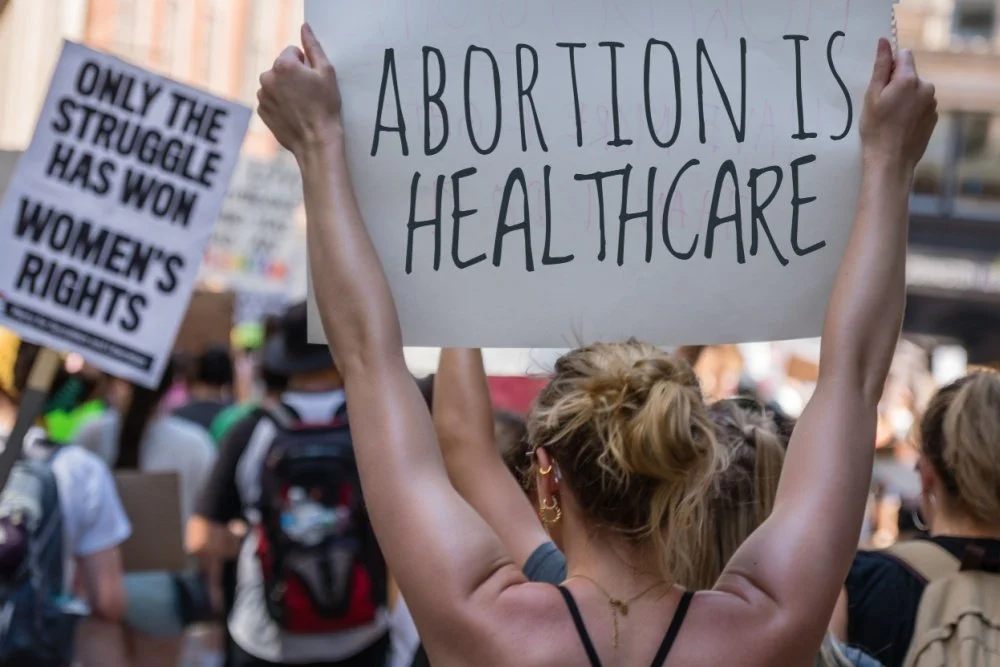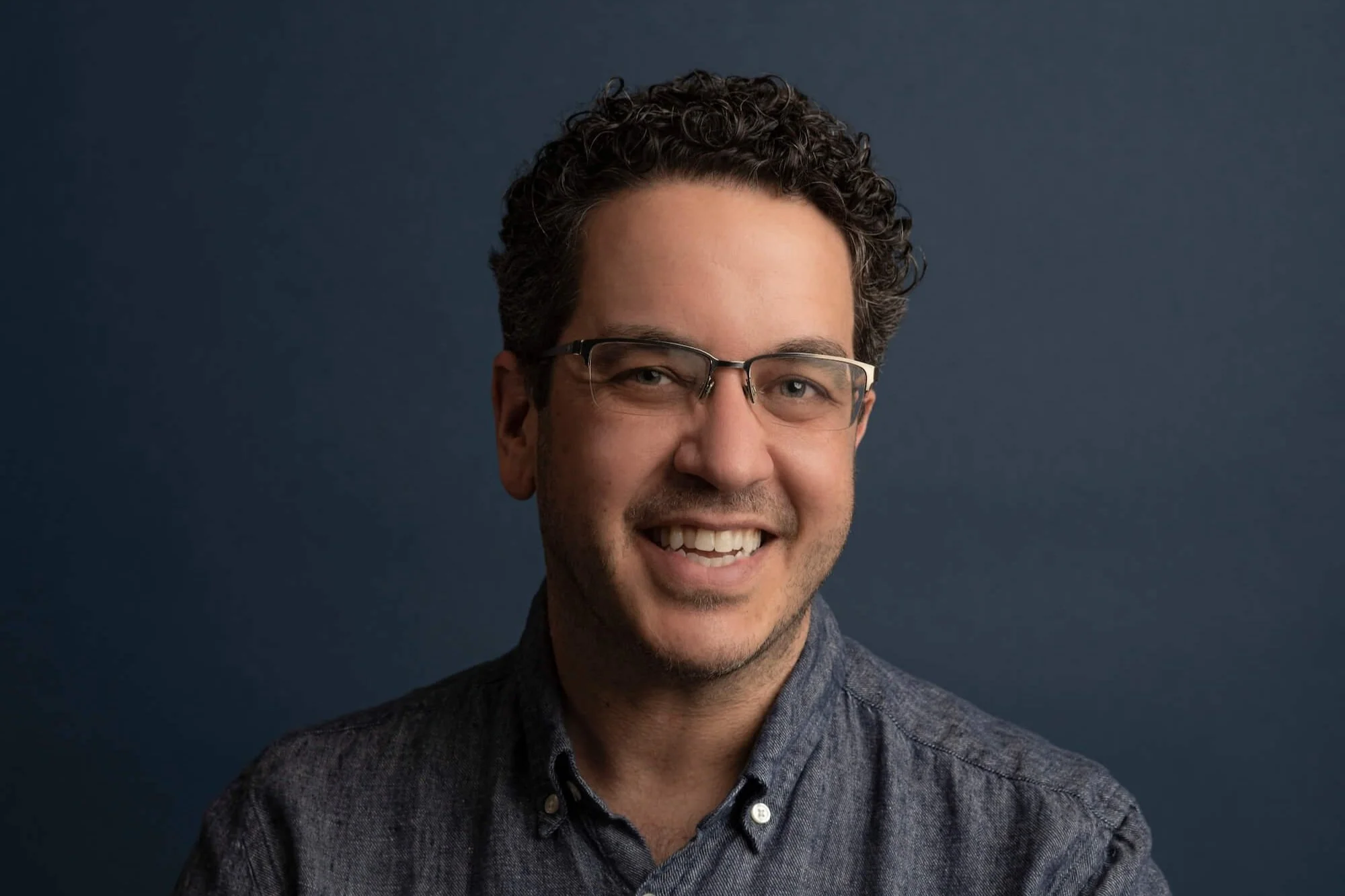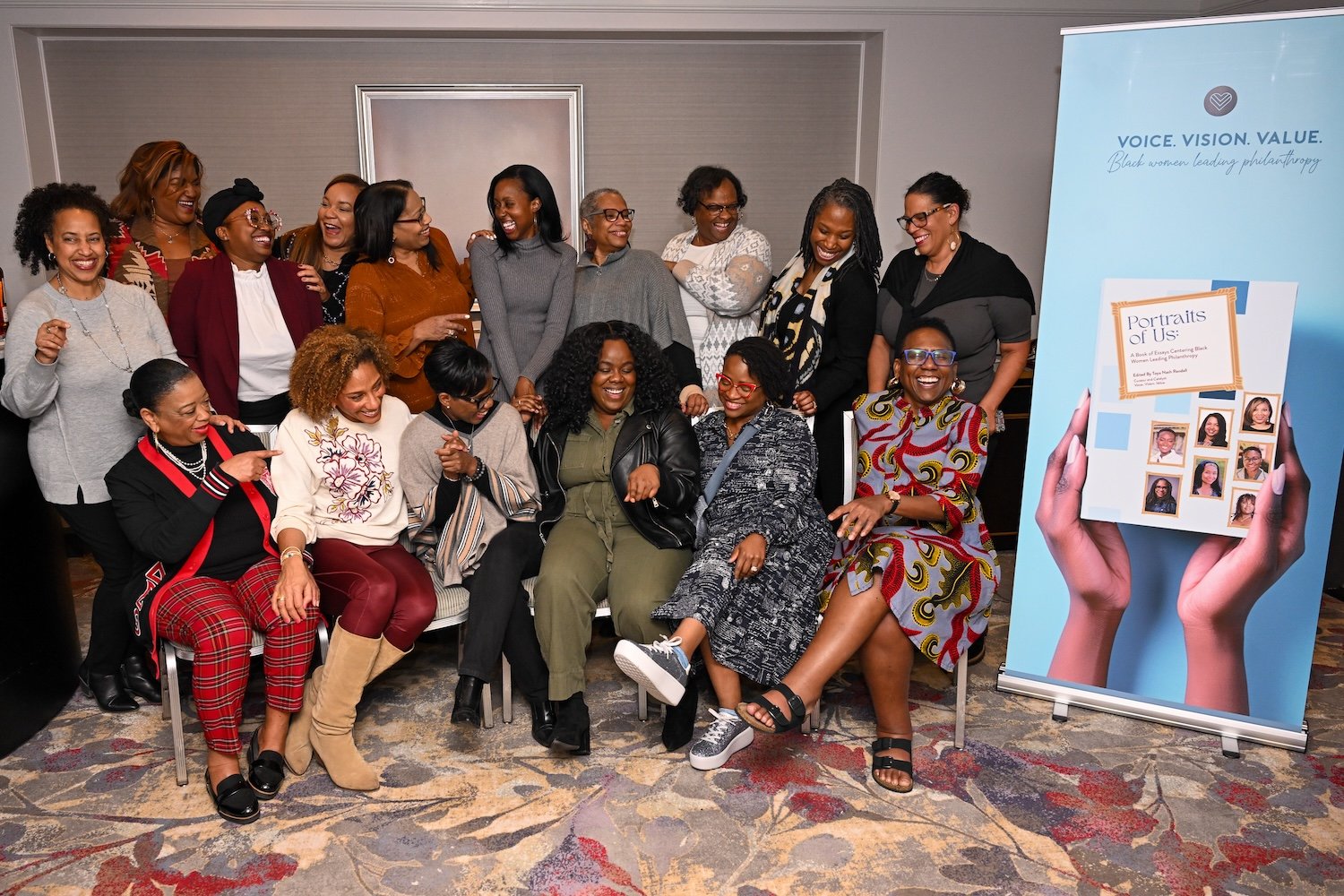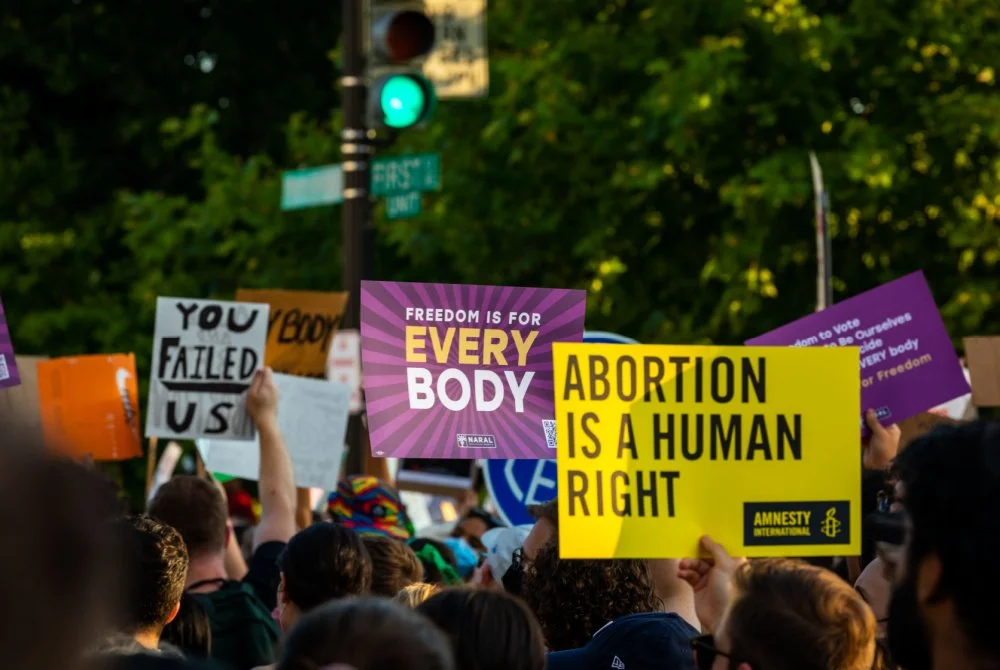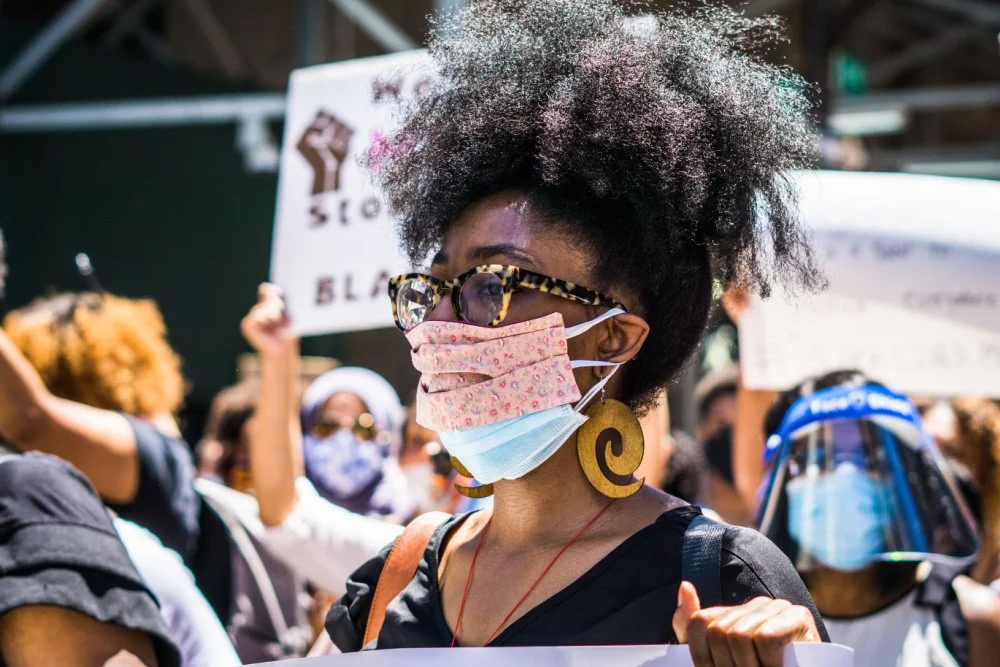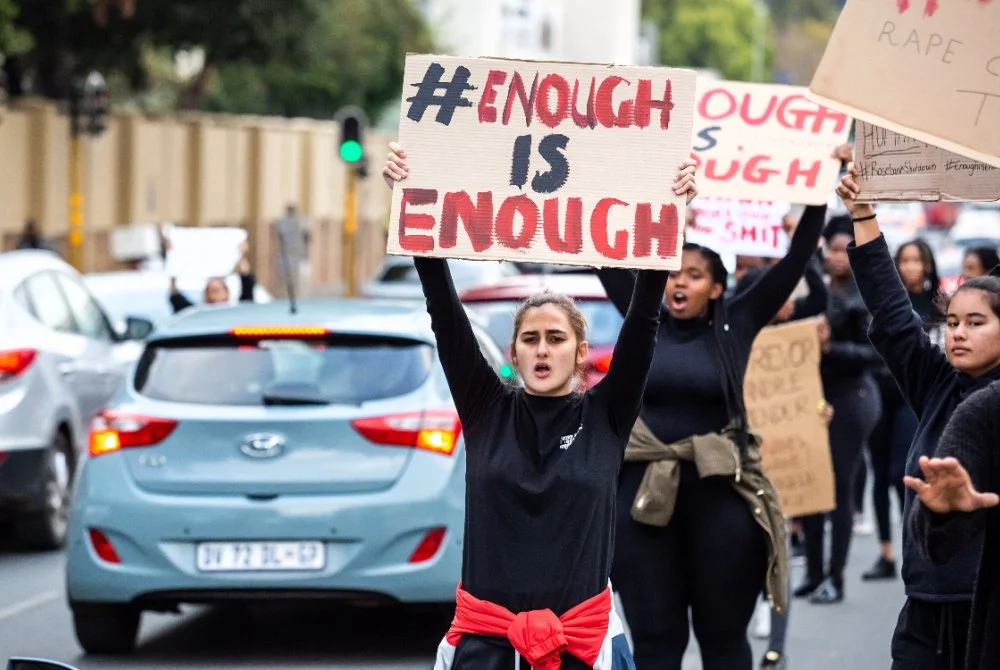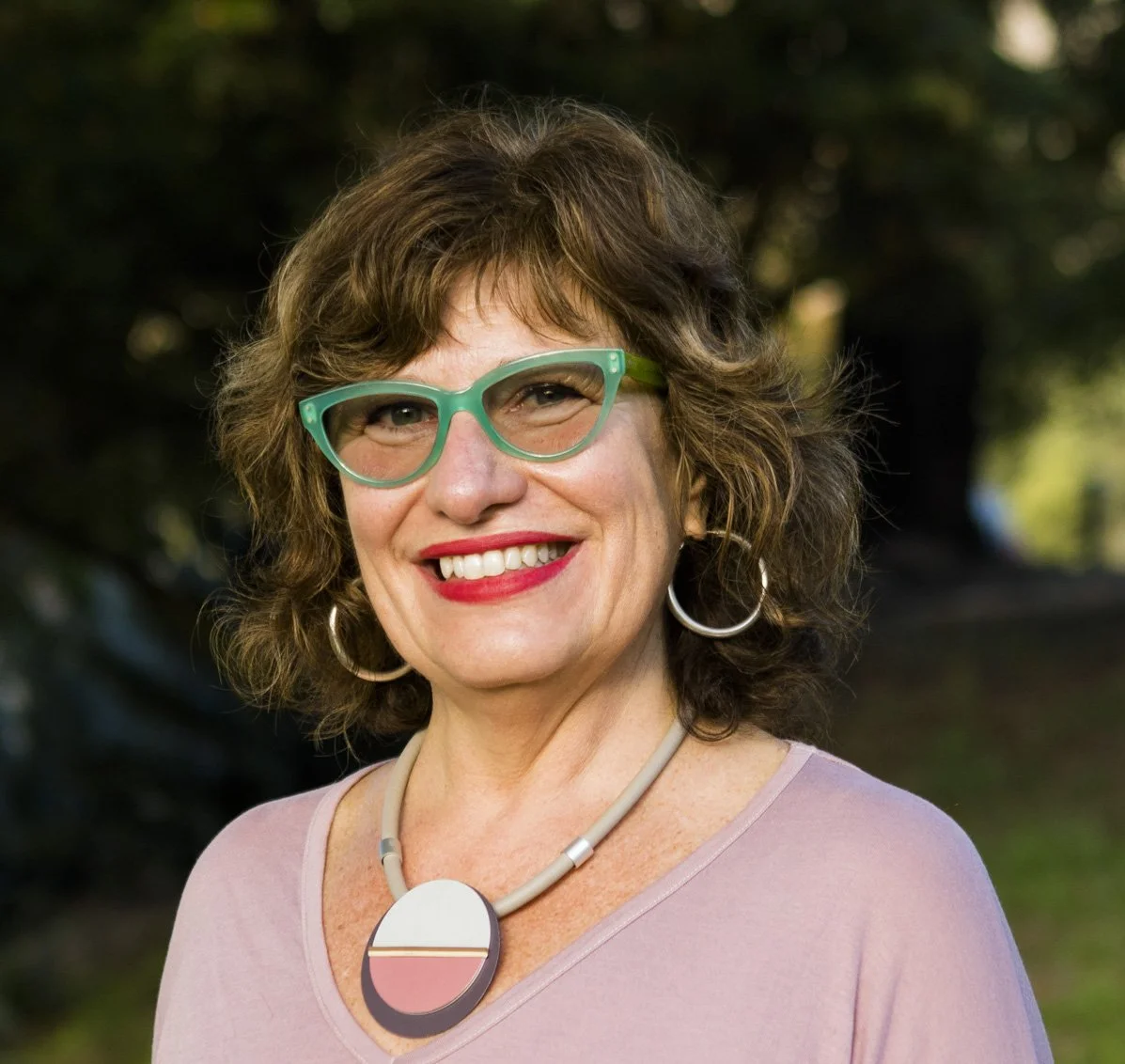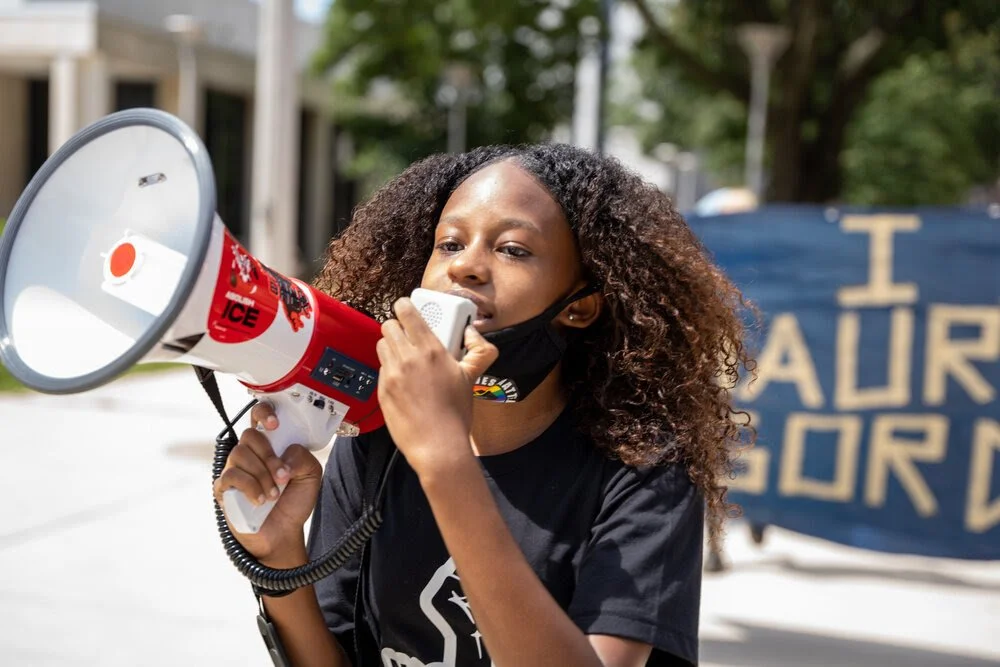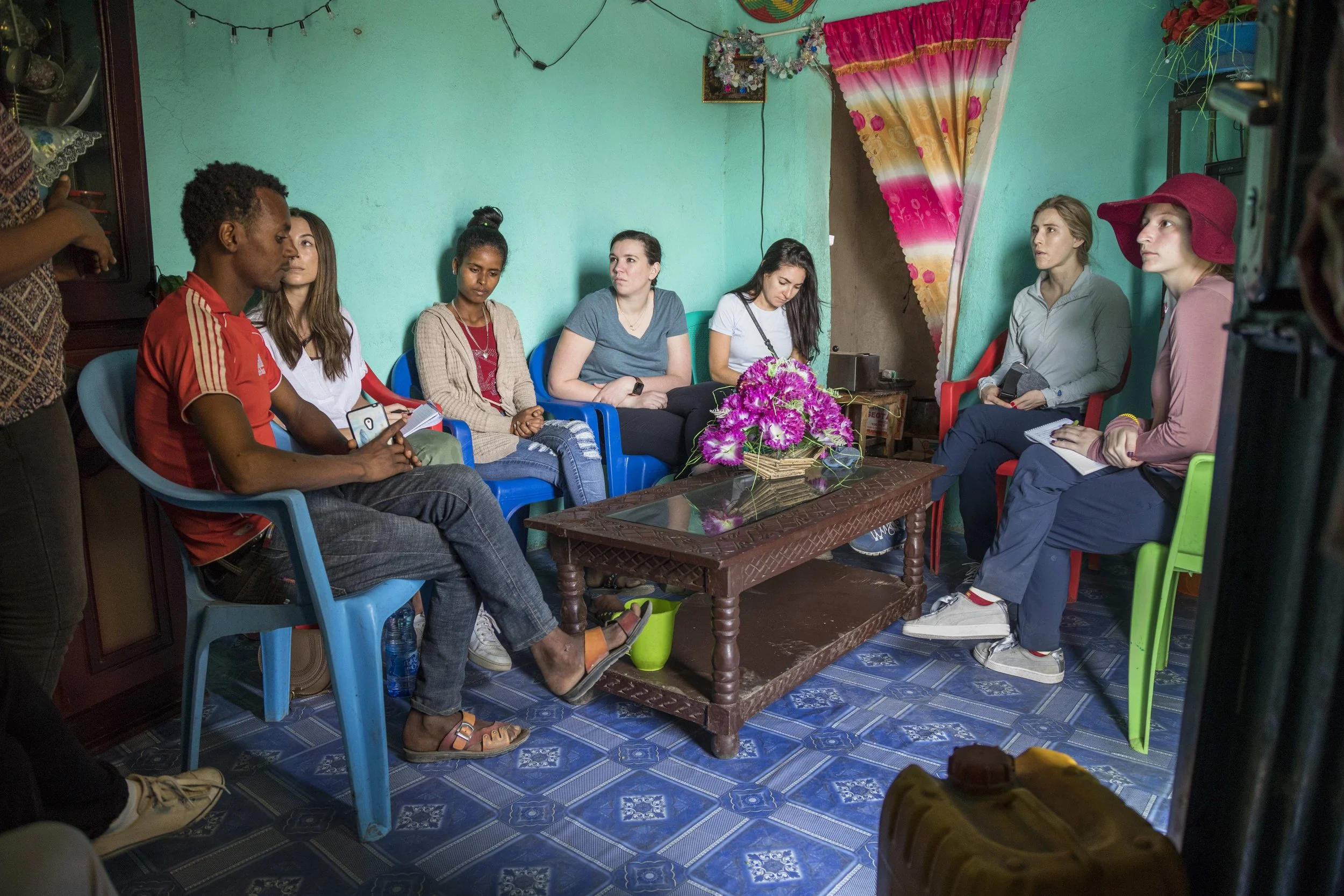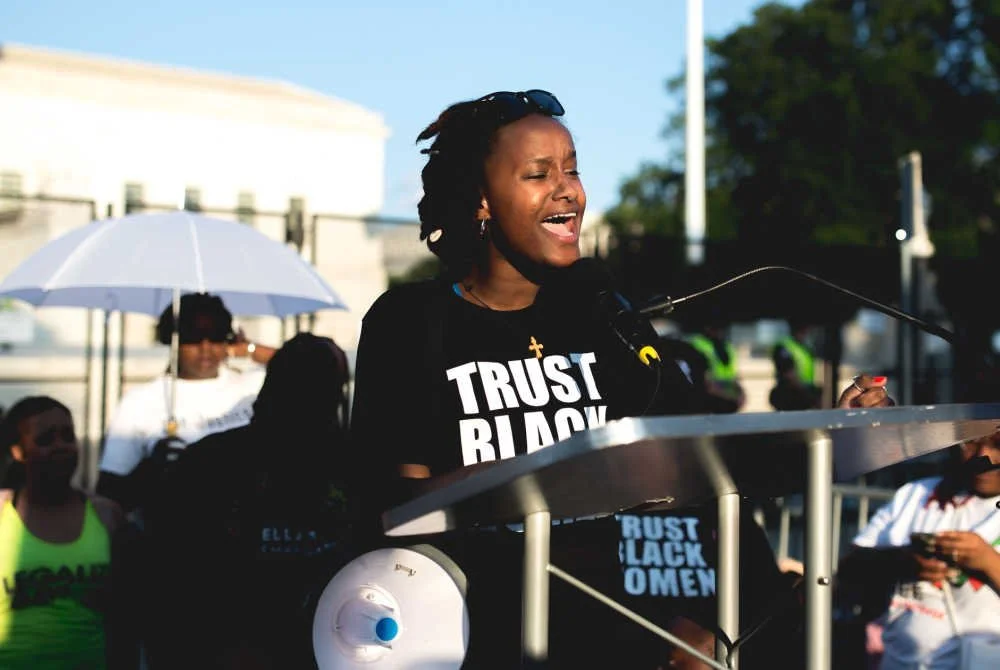Ripple Effect: A Foundation Looks to Women and Girls of Color to Take the Lead
/photo: Jana Shea/shutterstock
The Ms. Foundation for Women, the nation's’ oldest women’s foundation, shared a new five-year strategic plan this month that outlines a $25 million commitment to invest in women and girls of color and gender equity.
“We want to create a safe and just world where power and possibility are not limited,” Ms. Foundation president and CEO Teresa C. Younger tells us. The plan introduces a six-pronged approach to support organizations led by and for women of color while “building power [and] advancing democracy.” One of its strategies is to create a new 501(c)(4) arm, which will free the organization to increase its political activities under U.S. tax law.
This organizational shift comes at a historical moment that the foundation characterizes as “unprecedented”:
The United States is witnessing a period where the growth and consolidating power of conservative forces are rapidly dismantling hard-fought gains that have taken decades to achieve, and the backlash poses an extraordinary threat to gender equity.
The Ms. Foundation team plans to be “intentional” and “unapologetic” about its explicit focus on women and girls of color, which it considers “part of an interconnected approach to building political power for all.” Younger says in a statement, “An accurate herstory tells us that women of color have been on the front lines of nearly every movement in this country,” including civil rights, economic justice, criminal justice reform, reproductive rights, and immigrant rights.
In this light, the Ms. Foundation sees women of color as a linchpin of social progress. As Younger tells Inside Philanthropy:
In our strategic plan and in our work, we are looking at the pool of inequality and saying if we have one pebble to drop, we want to drop it over the efforts and the supports needed for women and girls of color, because we believe that the ripple that will come out of that will affect everybody who is in that pool of inequality and lift up everybody in the process.
Let's take a closer look at what the Ms. Foundation hopes to achieve with its new plan. During the next five years of grantmaking, it intends to provide multi-year, flexible funding and increase its number of grantees. Similarly, much of the $65 million it has already invested since 1973 has been for general support funding. The South will be an area of particular focus. The funder already works with multiple organizations in this region, such as Atlanta Jobs for Justice, and Younger says, “We know that as goes the South, so goes the nation.”
This is just the latest move by a social justice funder to target greater resources in the South, which national foundations have often overlooked. As we've been reporting, there's a growing push to reverse that pattern of under-investment and bolster nonprofits fighting some of the toughest battles anywhere.
Related:
- Shared History: Elevating Structural Change Grantmaking in the South
- Southern Strategy: Can National Funders Better Engage a Growing Region?
- "We Get the Crumbs." How Foundations Overlook Climate-Vulnerable Communities in the South
As part of its new initiative, the Ms. Foundation’s capacity-building strategy will focus on leadership development, infrastructure training and assistance, helping grantees create “effective campaigns to challenge regressive policies,” and broadening groups’ organizing bases. A new Buildings Connections Initiative will strengthen the foundation's network of grantees, donors and allies to “increase collective impact.”
In terms of policy and advocacy, the foundation plans to concentrate on upholding the women’s health safety net, protecting voting, First Amendment, LGBTQ, and immigrants’ rights, and ending state-sanctioned violence such as that carried out by police and through the school-to-prison pipeline. Surrounding these topics and others, the Ms. Foundation states that it will carry out communication campaigns including polling, rapid-response network mobilization, thought leadership in the form of op-eds, and message framing, which refers to the strategic structuring of information.
And, last but certainly not least, the Ms. Foundation is creating a 501(c)(4) for directly pursuing further grassroots legislative action and local policy reform. As we’ve previously reported, this type of tax-exempt organization is often launched by nonprofits that want to play a more direct role in legislation and politics than 501(c)(3) status allows them. It frees them to engage in lobbying and in some activity relating to elections, as well. We don't see many funders choose this path, but it's important to remember that the Ms. Foundation is not an endowed private foundation. It's a public charity and grantmaking intermediary, which are more likely to start 501(c)(4)s.
Younger did not share a specific campaign or race that the new 501(c)(4) will tackle, saying her team is “still listening to the grassroots and developing out what that strategy is going to look like.”
The strategic plan shows the 501(c)(4) will aim to get women of color into office, including through polling, research, and the creation of candidate report cards. At a time when women’s, immigrants’, and LGBTQ rights are increasingly under threat, women of color and women in general have already made a stronger push to win elections. They have had some notable successes: Stacey Abrams winning Georgia’s Democratic gubernatorial primary, with a shot to be the first black woman governor in America; Alexandria Ocasio-Cortez taking the New York 14th Congressional District Democratic primary in a major upset; Rashida Tlaib winning Michigan’s 13th Congressional District, becoming the first Muslim woman elected to Congress; and the unprecedented number—more than 35—of black women running for office in Alabama. These are just a few of the examples from 2018.
Cynthia Nimmo, president and CEO of the Women’s Funding Network, the biggest philanthropic network devoted to women and girls, of which the Ms. Foundation is a member, agrees that getting women of color into positions of authority is a timely goal. She tells us:
[M]any gains have been realized when it comes to women having agency… As is true throughout history, the stronger the oppressed get, the more vociferously those in power defend what they believe to be theirs. This is happening now to all women, and certainly in the U.S. to women and girls of color. Now more than ever, we need more women of color leaders making policy decisions, more women of color in philanthropy making funding decisions, and more girls of color given the opportunity to speak and be heard when and where decisions are being made.
In light of these current political trends in an era when women and girls of color still only receive 2 percent of philanthropic investments, the Ms. Foundation’s plan addresses an obvious need. It's part of a larger push by a handful of funders over recent years to focus new resources and energy on this group. In 2015, as we reported, the Ms. Foundation teamed up with the NoVo Foundation, Foundation for a Just Society, and the New York Women’s Foundation, as well as other partners, to launch Grantmakers for Girls of Color. The group was created as a hub for research, news and insights on how philanthropy can maximize its impact to help young women and girls of color, as well as "to promote collective strategizing and partnership."
Meanwhile, Youngers’ grander goal to ensure women and girls of color are “at the tables of power” hearkens back to the message of Shirley Chisholm, the first black woman elected to Congress in 1968, who famously said, “If they don't give you a seat at the table, bring a folding chair.” Recently, these words were used as a campaign motto for Tamaya Dennard in her 2017 campaign for the Cincinnati City Council, which she won. When she took her oath of office, she brought a bright-red folding chair with her. If the Ms. Foundation has its way, its five-year, $25 million investment will see many more chairs, roles and opportunities taken by empowered women and girls of color.
Related: Where is this New Funders Partnership for Young Women and Girls of Color Headed?


